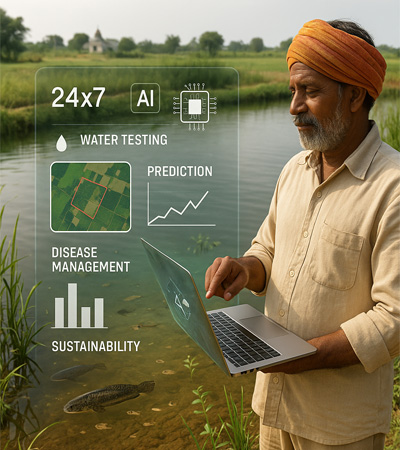Climate Change Effects
- Home
- Climate Change Effects
CLIMATE CHANGE EFFECTS IN AQUACULTURE
The rise in global temperatures due to climate change is having a profound impact on aquatic ecosystems, particularly affecting water quality and fish health. As temperatures climb, water bodies are experiencing an increase in algal blooms, which deplete oxygen levels and lead to a cascade of negative effects. This reduction in oxygen, combined with warmer waters, creates a breeding ground for bacterial, parasitic, viral, and fungal infections in fish, making these health issues more severe and unpredictable.
In addition to temperature increases, altered rainfall patterns and frequent droughts are impacting water availability and quality. Inland fish farming in India faces challenges from drought, which reduces freshwater volume, increasing pollutant concentrations and harming fish health. Conversely, heavy rains can cause runoff contamination, further deteriorating water quality. These fluctuations stress aquatic life and threaten the sustainability of fish farming, impacting farmers’ livelihoods.
Extreme weather events, such as storms and floods, cause significant damage to infrastructure used in aquaculture. These disruptions not only compromise the physical structures of fish farms and hatcheries but also interfere with their operations, leading to financial losses. Infrastructure damage and operational interruptions result in diminished output and increased costs, placing a heavy burden on fish farmers and hatchery owners.
The escalating challenges faced by the aquaculture sector are compounded by a lack of adequate knowledge and services to address these issues effectively. Without the necessary support and resources, fish farmers are struggling to adapt to these changing conditions, leading to mounting economic losses and decreased productivity. The situation is worsening daily, highlighting an urgent need for comprehensive strategies and solutions to mitigate the impact of climate change on aquatic environments and the livelihoods dependent on them.

CLIMATE CHANGE EFFECTS IN AQUACULTURE
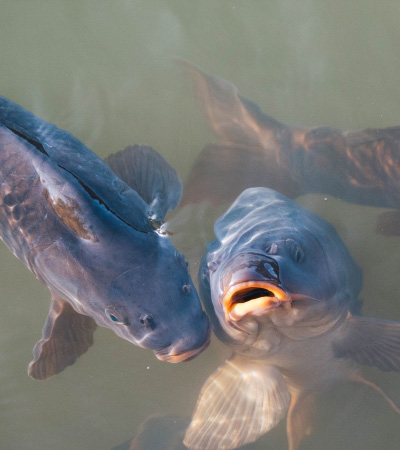
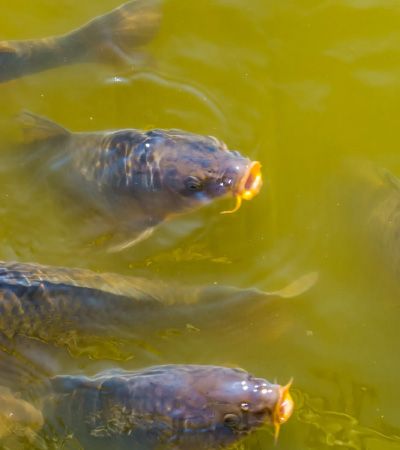
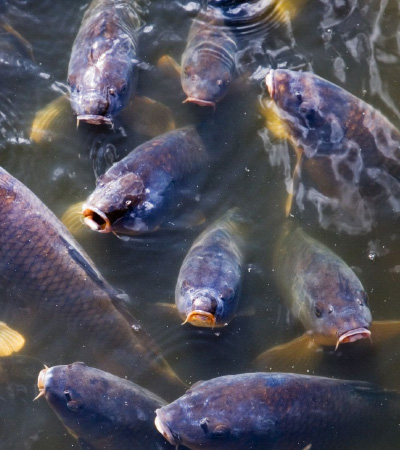
oxygen deficiency
OXYGEN DEFICIENCY in aquaculture poses significant risks to fish health and productivity. Low dissolved oxygen levels can lead to stress, stunted growth, and increased susceptibility
to disease. Effective management practices, proper stocking densities, are essential to ensure optimal oxygen levels, promoting a healthy and thriving aquatic environment.
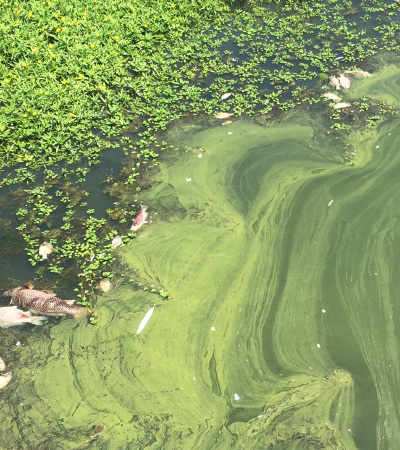
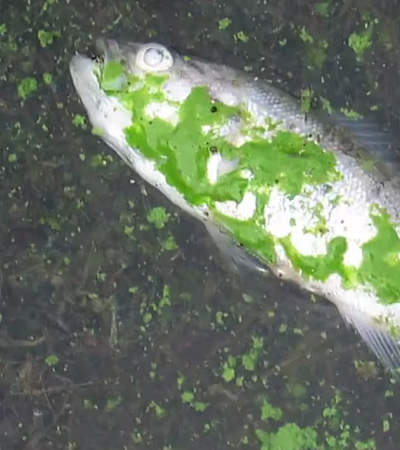
algal bloom

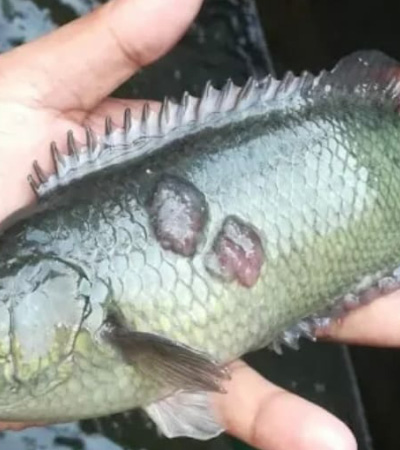
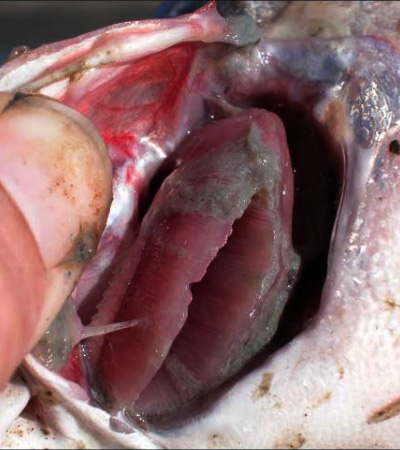
fungal bacterial diseases
climate change effects solutions
- 24x7 Service
- Aqua inputs
- omni channel access
- Market Linkage
- advance technology
- Preventive Maintenance
